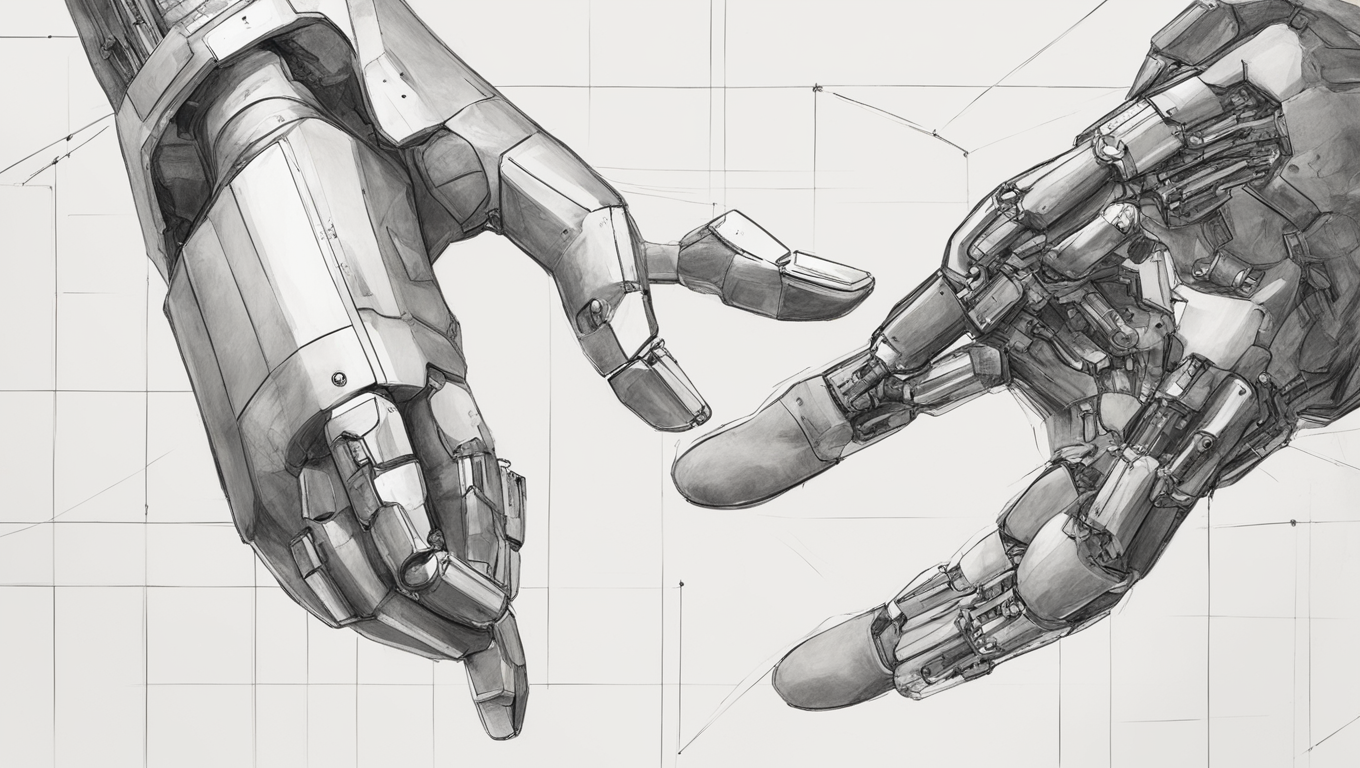ByteDance, the parent company of TikTok, has responded to claims that it used OpenAI’s technology to develop its own artificial intelligence (AI) models in violation of OpenAI’s terms of use. ByteDance stated that its use of OpenAI’s technology was in compliance with the service terms and that it did not use the technology to build a rival service. The company acknowledged that a small group of its engineers used OpenAI’s API service in an experimental model earlier this year but discontinued the work in April. ByteDance emphasized that it follows OpenAI’s terms of use and is licensed to use the API.
However, OpenAI has announced that it has suspended ByteDance’s access to its service while further investigation is conducted. OpenAI stated that although ByteDance’s usage of its API was minimal, they take any violation of policies seriously and will ask ByteDance to make necessary changes or terminate their account if policy violations are discovered. OpenAI has not officially made its service available in mainland China, which is in a fierce competition with the US for global AI dominance.
This accusation against ByteDance comes after AI specialist Lee Kai-fu’s 01.AI was accused of copying the architecture of Meta Platforms' Llama in its Yi-34B LLM. The incident sparked a debate about the ingenuity of Chinese AI start-ups. Chinese tech companies have been trying to ride the wave of generative AI since OpenAI launched ChatGPT powered by its GPT 3.5 model last year, in an attempt to catch up in the AI race. However, the recent launch of OpenAI’s GPT-4 Turbo model is expected to further solidify its position as a leader in the industry, surpassing its Chinese rivals.
China has witnessed significant growth in the development of large language models (LLMs). By July this year, at least 130 LLMs had been released by local tech firms and research institutes. The abundance of foundational AI models in the country has prompted tech moguls, including Baidu’s founder and CEO Robin Li, to label it as a “huge waste of resources.”
As the rivalry between China and the US in the AI field intensifies, it is crucial for companies like ByteDance to ensure compliance with the terms of use of AI technologies from international counterparts like OpenAI. This incident highlights the challenges and controversies surrounding the development of AI models and the protection of intellectual property within the industry.





Use the share button below if you liked it.